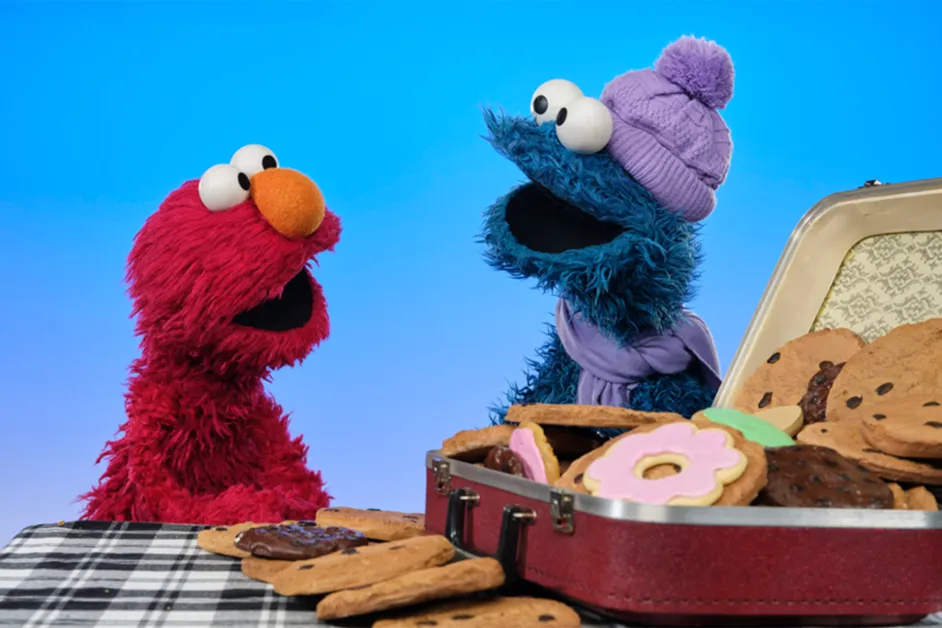The sun rises once more over the Pride Lands, this time casting light on the untold story of its most revered ruler. Mufasa: The Lion King, a 2024 prequel to Disney’s iconic The Lion King, promises to unveil the origin story of Mufasa—a cub born into hardship who rose to become a beloved king. Directed by Barry Jenkins, the film draws audiences into a narrative that combines themes of resilience, brotherhood, and destiny, set against the breathtakingly vibrant and photorealistic landscapes of the African savanna.
Through the lens of a storyteller, Jenkins reimagines the classic tale with a fresh perspective, bridging the gap between nostalgia and innovation. This editorial explores the storyline, thematic depth, and cultural significance of Mufasa: The Lion King, highlighting how it enriches the legacy of the Pride Lands and its regal ruler.
The Narrative Framework: Storytelling Across Generations
The plot of Mufasa: The Lion King unfolds through the voice of Rafiki, the wise mandrill who serves as the spiritual guide of the Pride Lands. As Rafiki recounts Mufasa’s story to Kiara—Simba and Nala’s daughter—the film weaves between past and present, creating a narrative that is both reflective and forward-looking.
This storytelling device not only connects the new film to the original The Lion King but also underscores the importance of legacy and oral tradition in African culture. By grounding Mufasa’s tale in Rafiki’s perspective, the prequel adds a layer of reverence to the character’s journey, portraying him as a lion who overcame immense odds to fulfill his destiny.
Mufasa’s Humble Beginnings
Unlike Simba, who was born into royalty, Mufasa’s beginnings are marked by hardship. Orphaned as a cub and forced to navigate the harsh realities of the wild, he learns survival skills through necessity rather than privilege. This backstory redefines Mufasa’s character, painting him as a self-made leader whose strength and wisdom were forged through adversity.
The film explores the bond between Mufasa and his brother Taka, who later becomes the infamous Scar. While Taka envies Mufasa’s growing influence and natural leadership, their early relationship is layered with moments of camaraderie, tension, and sibling rivalry. This nuanced portrayal of their dynamic adds emotional complexity to Scar’s eventual betrayal, showing how seeds of jealousy were sown long before Simba’s story began.
Themes of Resilience and Destiny
At its heart, Mufasa: The Lion King is a story about resilience—the ability to rise above one’s circumstances and forge a path toward greatness. Mufasa’s journey from orphaned cub to king serves as an inspiring narrative for audiences of all ages, emphasizing the importance of perseverance and self-belief.
The film also delves into the concept of destiny. While Mufasa’s rise may seem preordained, it is his choices, values, and determination that ultimately shape his legacy. This theme resonates with contemporary audiences, offering a reminder that greatness is not handed down but earned through courage and conviction.
Visual Storytelling: A Feast for the Eyes
Under Barry Jenkins’ direction, Mufasa: The Lion King employs photorealistic animation to bring the Pride Lands to life with stunning detail. From the golden grasslands to the vibrant sunsets, the film’s visuals are a testament to the power of modern animation technology.
Jenkins, known for his emotionally rich films like Moonlight and If Beale Street Could Talk, brings his signature touch to the project, blending visual splendor with emotional depth. The result is a cinematic experience that immerses viewers in Mufasa’s world while preserving the grandeur of the original Lion King.
A Stellar Cast and Music
The film features a talented voice cast that breathes life into its characters. Aaron Pierre voices Mufasa, capturing both his youthful vulnerability and his commanding presence as a leader. Kelvin Harrison Jr. takes on the role of Taka, delivering a performance that balances charm and menace.
Notably, the film introduces Blue Ivy Carter in her acting debut as Kiara, alongside Beyoncé, who reprises her role as Nala. This mother-daughter pairing adds a unique layer to the film, blending legacy and new beginnings.
The music, composed by Hans Zimmer with contributions from Lin-Manuel Miranda, enriches the narrative with a mix of familiar motifs and new compositions. From powerful orchestral themes to emotionally charged vocal performances, the soundtrack serves as both a tribute to the original and a bold step forward.
The Legacy of Mufasa
Mufasa: The Lion King adds depth to the legacy of its titular character, transforming him from a wise and noble king into a multifaceted individual shaped by struggle and triumph. By exploring his formative years, the film not only humanizes Mufasa but also redefines his role within the larger Lion King mythology.
This expanded perspective invites audiences to reconsider the themes of the original film, particularly the relationship between Simba and Mufasa. Understanding Mufasa’s backstory adds emotional weight to his guidance of Simba, highlighting the generational wisdom that shapes the Pride Lands.
Cultural Significance
The Lion King franchise has long been celebrated for its connection to African culture, drawing inspiration from the continent’s landscapes, traditions, and folklore. Mufasa: The Lion King continues this tradition, paying homage to the values of community, resilience, and storytelling.
The film’s focus on Mufasa’s rise from humble beginnings resonates with themes of social mobility and self-determination, offering a universal message that transcends cultural boundaries. At the same time, it celebrates the power of African narratives, showcasing the richness of the continent’s storytelling heritage.
Anticipation and Fan Reception
Since the release of its trailer, Mufasa: The Lion King has generated significant buzz among fans and critics. The stunning visuals, emotionally charged storyline, and return of beloved characters have created high expectations for the film’s December 2024 release.
Fans of the original The Lion King are eager to see how the prequel expands the franchise’s mythology, while new audiences are drawn to the universal appeal of Mufasa’s journey. Early reactions to the trailer suggest that the film strikes a balance between honoring the original and carving out its own identity, ensuring its place as a standout addition to Disney’s legacy.
Impression
Mufasa: The Lion King is more than just a prequel—it’s a celebration of resilience, leadership, and the enduring power of storytelling. Through its exploration of Mufasa’s origins, the film adds depth to a beloved character while offering a fresh perspective on the Pride Lands and its history.
With its stunning visuals, compelling narrative, and emotional resonance, Mufasa: The Lion King promises to captivate audiences and inspire a new generation of fans. As the sun rises once more over the Pride Lands, it illuminates a story that reminds us all of the courage it takes to face life’s challenges and the strength that comes from embracing our destiny.
In the words of Mufasa himself, “Everything you see exists together in a delicate balance.” This balance—between past and present, tradition and innovation, struggle and triumph—lies at the heart of Mufasa: The Lion King, making it a film that is as timeless as the legacy it celebrates.
No comments yet.








